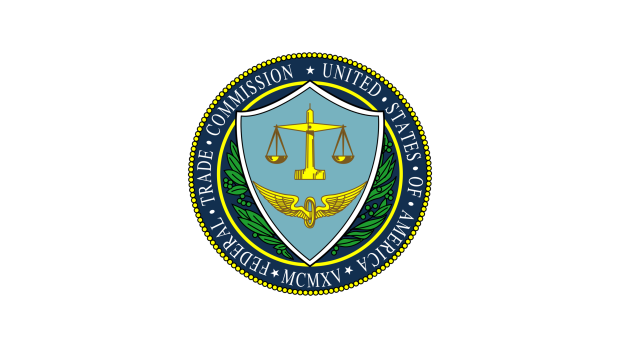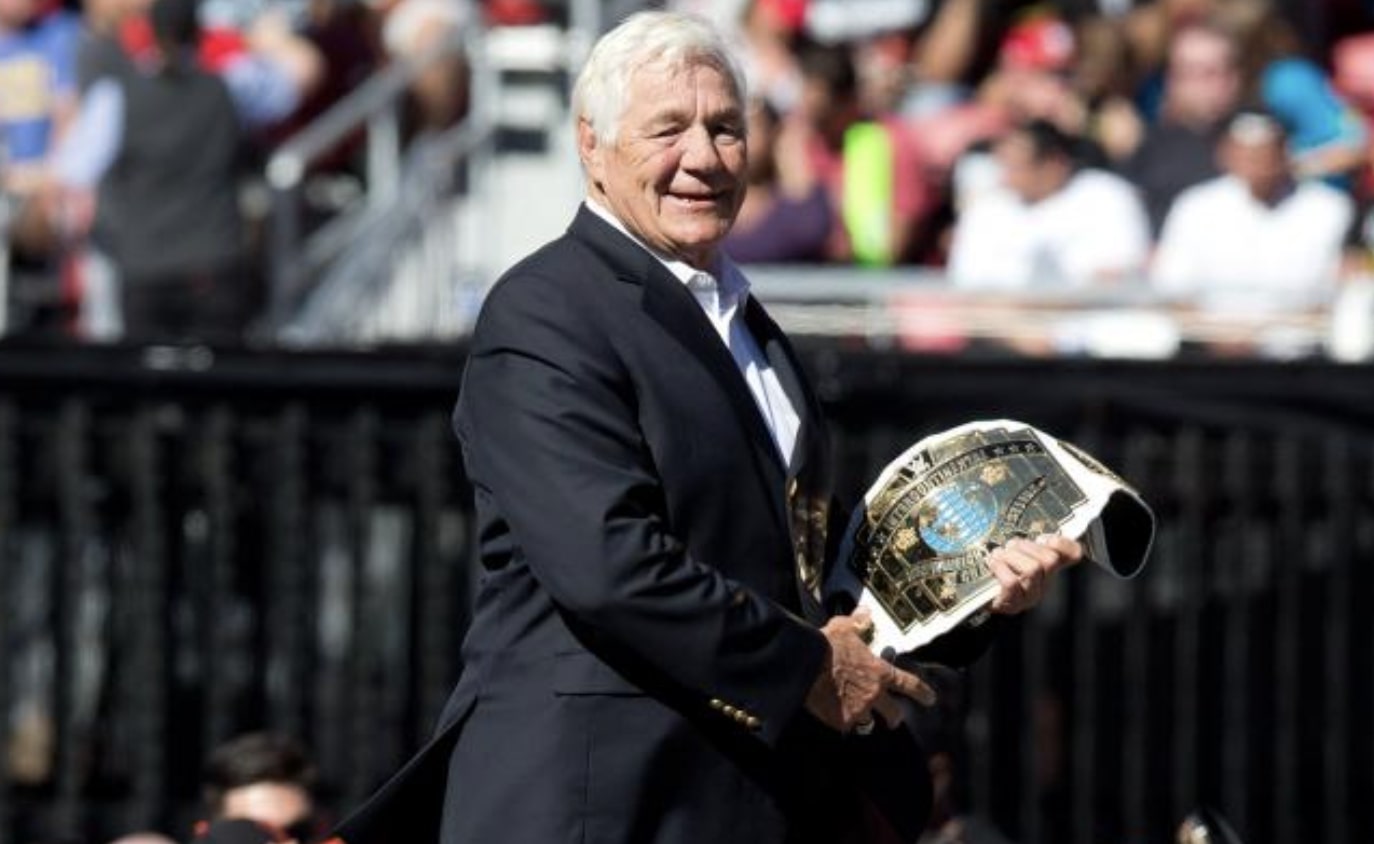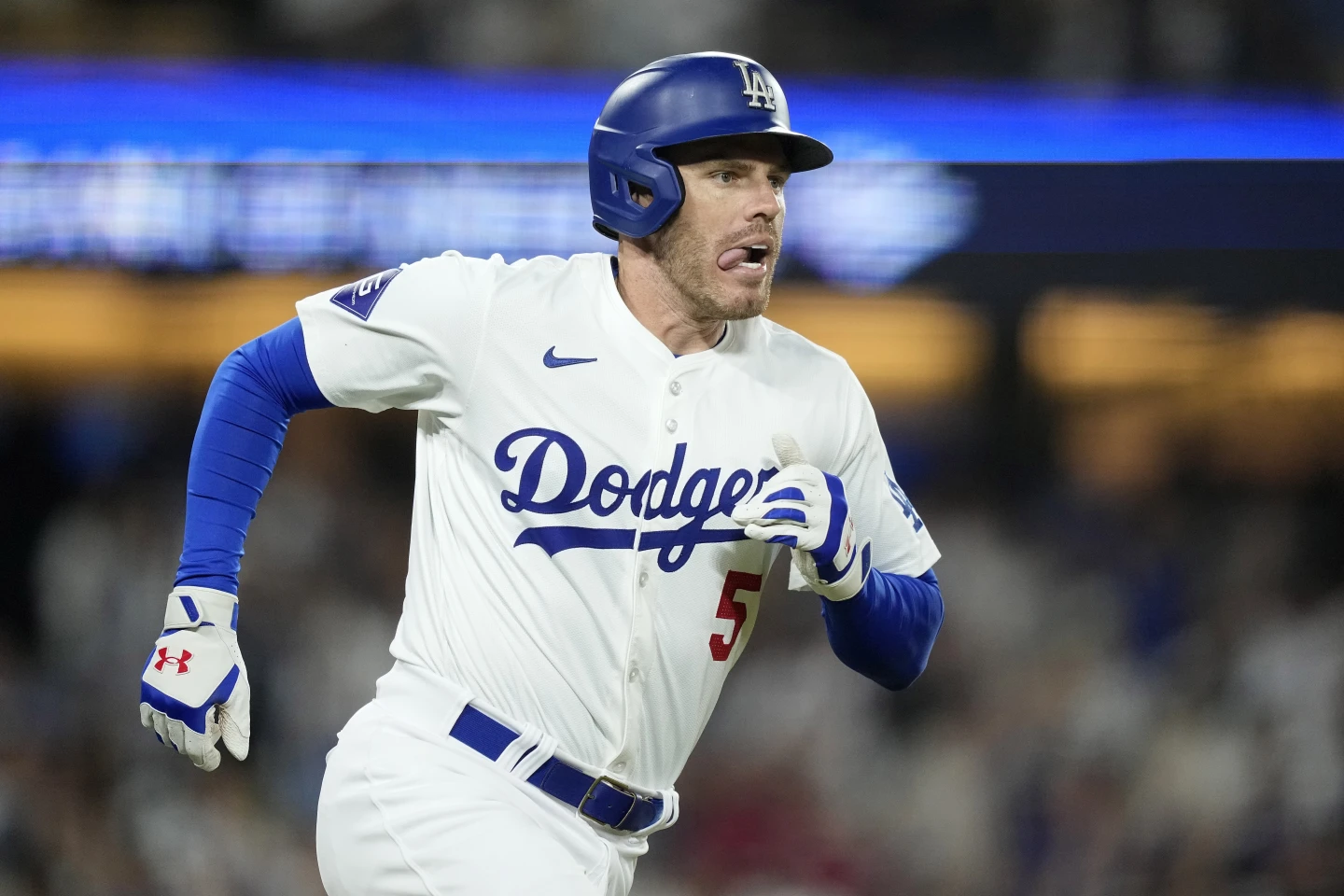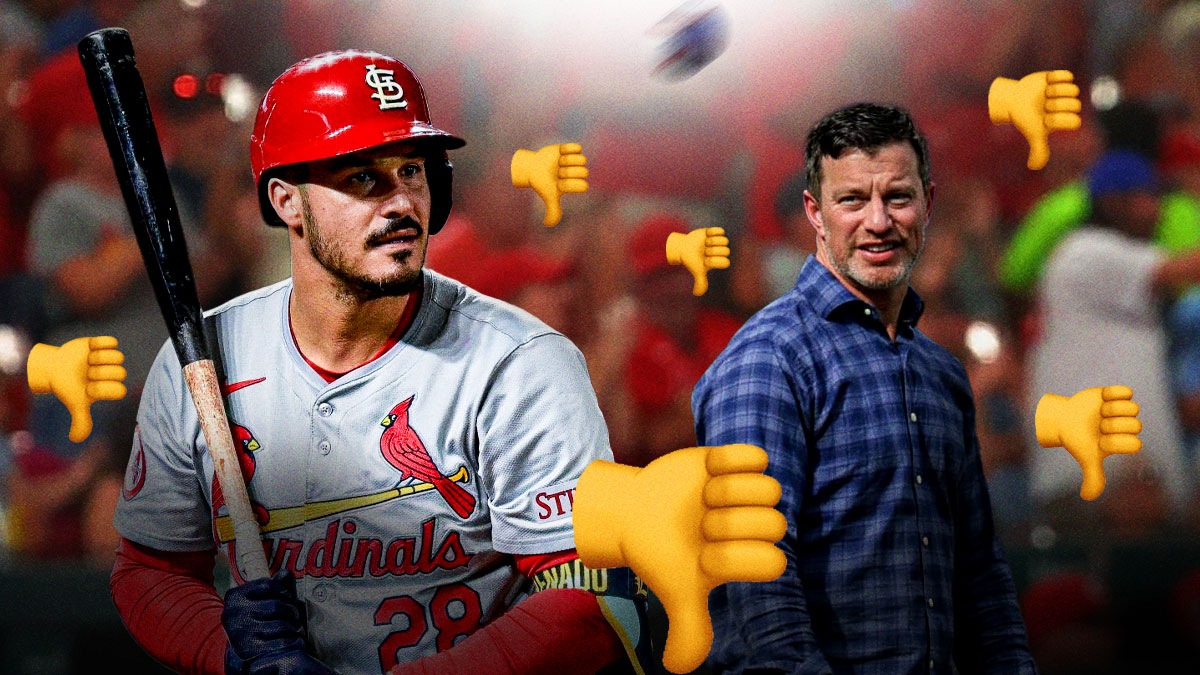Microsoft-Activision Merger: FTC's Appeal And Future Implications

Table of Contents
The FTC's Arguments Against the Merger
The FTC's primary concern revolves around the potential for anti-competitive practices resulting from the Microsoft-Activision merger. This massive deal raises serious questions about the future of fair competition in the gaming market.
Concerns about Anti-Competitive Practices
The FTC's central argument centers on Microsoft's potential to leverage its control over popular Activision Blizzard franchises, especially Call of Duty, to stifle competition. This fear is rooted in several potential scenarios:
-
Reduced choice for consumers: Exclusive deals or timed exclusivity for Call of Duty and other Activision Blizzard titles on Xbox consoles could severely limit choices for players using PlayStation, Nintendo Switch, or PC. This reduction in choice directly impacts consumers and undermines the principle of fair market competition.
-
Higher prices for games and gaming consoles: With less competition, Microsoft could potentially raise prices for games, subscriptions, and even consoles themselves, harming consumer wallets. The removal of a major competitor from the market could lead to monopolistic pricing practices.
-
Stifled innovation due to lack of competition: A lack of competitive pressure could lead to less innovation in game development and features. Microsoft, without the need to compete fiercely, might prioritize profit over innovation.
-
Potential for Microsoft to leverage Call of Duty to gain an unfair advantage in the console market: Making Call of Duty exclusive or offering significant advantages to Xbox players could give Microsoft an unfair edge in the console market share war, potentially pushing other console manufacturers out of the market or forcing them to offer significant concessions.
The Impact on the Cloud Gaming Market
Beyond console gaming, the FTC also expressed deep concern about the merger's implications for the burgeoning cloud gaming market. This rapidly expanding sector is seen as a crucial part of gaming's future.
-
Microsoft's potential to restrict access to Activision Blizzard games on competing cloud platforms: Microsoft could potentially restrict access to Activision Blizzard games on rival cloud gaming platforms like Google Stadia, GeForce Now, or Amazon Luna, limiting consumer choice and stifling competition.
-
Limiting innovation and consumer choice in cloud gaming services: This restriction would hinder innovation in cloud gaming technologies and could lead to a less diverse and dynamic cloud gaming market.
-
Stifling growth of smaller cloud gaming providers: Smaller cloud gaming providers could be pushed out of the market, reducing overall competition and consumer choice in this crucial sector.
The Judge's Ruling and the FTC's Appeal
The legal battle surrounding the Microsoft-Activision merger has been intense, marked by significant legal maneuvering and strong arguments from both sides.
The Initial Decision
A federal judge initially sided against the FTC, rejecting the agency's attempt to block the merger. This decision was based on the judge's assessment that the FTC hadn't provided enough evidence to convincingly demonstrate anti-competitive practices.
-
Judge's rationale for rejecting the FTC's case: The judge argued that the FTC’s evidence didn't sufficiently support the claims of significant harm to competition.
-
Key points of contention between the FTC and the judge's decision: The key point of disagreement revolved around the definition of harm and the weight of evidence presented regarding future market behavior.
-
Analysis of the legal arguments presented by both sides: Both the FTC and Microsoft presented complex legal arguments based on antitrust laws and market analysis, with the FTC focusing on the potential for future harm and Microsoft emphasizing the benefits of the merger.
The FTC's Appeal and its Significance
Unsatisfied with the initial ruling, the FTC filed an appeal, significantly escalating the legal battle. This appeal underscores the high stakes involved and the potential implications for antitrust regulation in the tech industry.
-
The legal grounds for the FTC's appeal: The FTC's appeal centers on the judge's interpretation of antitrust law and the adequacy of the evidence presented.
-
Potential outcomes of the appeal process: The appeal could lead to several outcomes: upholding the initial decision, reversing the decision, or even a negotiated settlement.
-
The implications for future antitrust cases related to mergers and acquisitions in the tech industry: The outcome of this appeal will set a significant precedent for future antitrust cases, influencing how regulatory bodies review large tech mergers.
Potential Outcomes and Their Implications for the Gaming Industry
The appeal's outcome will have profound and lasting repercussions on the gaming industry.
Scenarios Following the Appeal
Several scenarios could unfold following the FTC's appeal:
-
Upholding of the initial decision: If the initial decision is upheld, the merger will likely proceed, potentially leading to the scenarios outlined by the FTC’s concerns.
-
Reversal of the decision: A reversal would block the merger, maintaining the existing competitive landscape.
-
Negotiated settlement: A settlement could involve Microsoft agreeing to concessions, such as guaranteeing Call of Duty availability on other platforms, to appease regulatory concerns.
-
Impact of each potential outcome on the gaming industry: Each outcome will significantly reshape the industry's competitive dynamics, impacting game pricing, availability, innovation, and the overall gaming experience.
Long-Term Effects on Competition and Innovation
Irrespective of the appeal's outcome, the Microsoft-Activision merger will reshape the gaming industry's competitive landscape.
-
Long-term implications for competition among gaming companies: The merger could lead to increased or decreased competition, influencing the development and pricing of future games.
-
Potential effects on innovation in game development and distribution: The level of competition will directly influence the pace and direction of innovation within the industry.
-
The role of regulatory bodies in shaping the future of the gaming industry: This case highlights the crucial role of regulatory bodies in overseeing mergers and acquisitions and maintaining a healthy competitive environment.
Conclusion
The FTC's appeal against the Microsoft-Activision merger is a pivotal moment for the gaming industry and antitrust law. The outcome will profoundly impact competition, innovation, and the consumer experience. Understanding the arguments and potential consequences is crucial for gamers and industry stakeholders. Stay informed about the developments surrounding the Microsoft-Activision merger and its implications for the future of gaming. Actively monitoring this evolving situation will help you navigate the changing landscape of the gaming world.

Featured Posts
-
 Heat Butler Rift Jersey Numbers Reveal Deeper Issues Hall Of Famers Involvement
May 15, 2025
Heat Butler Rift Jersey Numbers Reveal Deeper Issues Hall Of Famers Involvement
May 15, 2025 -
 Angels Defeat Padres Wards 9th Inning Grand Slam Secures Victory
May 15, 2025
Angels Defeat Padres Wards 9th Inning Grand Slam Secures Victory
May 15, 2025 -
 Max Muncy Speaks Out Addressing The Arenado Trade Rumors And Their Impact On The Dodgers
May 15, 2025
Max Muncy Speaks Out Addressing The Arenado Trade Rumors And Their Impact On The Dodgers
May 15, 2025 -
 Nhl Announces Canadian Partnership With Ndax For Stanley Cup Playoffs
May 15, 2025
Nhl Announces Canadian Partnership With Ndax For Stanley Cup Playoffs
May 15, 2025 -
 Kiprskiy Vopros Perspektivy Vyvoda Turetskikh Voysk Haqqin Az
May 15, 2025
Kiprskiy Vopros Perspektivy Vyvoda Turetskikh Voysk Haqqin Az
May 15, 2025
